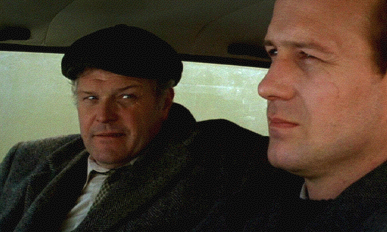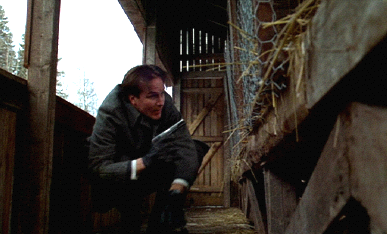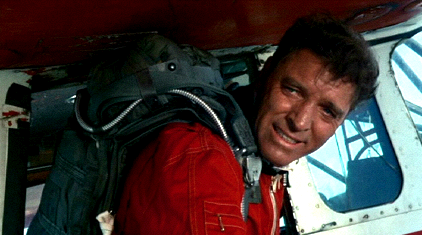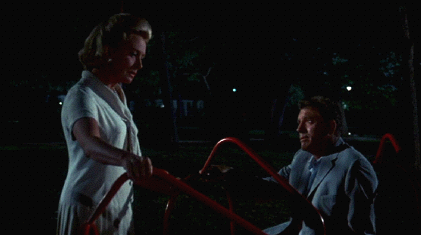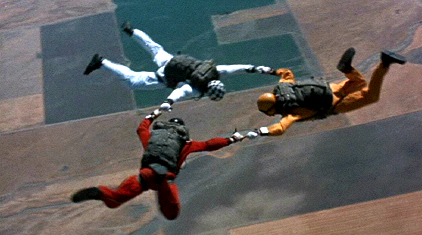Director: Michael Apted
Writers: Dennis Potter adapting the original novel by Martin Cruz Smith
Producer: Gene Kirkwood, Howard W. Koch, Jr.
Cast: William Hurt, Lee Marvin, Brian Dennehy, Joanna Pacula, Ian Bannen, Michael Elphick, Rikki Fulton, Richard Griffiths, Ian McDiarmid, Alexei Sayle, Alexander Knox, Niall O’Brien, Henry Woolfe, Tusse Silberg, Patrick Field, Marjatta Nissinen, Jukka Hirvikangas, Hekki Lepannen, Lauri Törhönen, Elsa Salamas, Lasse Lindberg, Jussi Parviainen, Anatoli Davydov, Lasse Lind (uncredited), Jarmo Koski (uncredited), and the bands Bad Sign and Black Pearls
In Moscow, Russia, three murder victims are found near an ice skating rink in Gorky Park. The faces of the corpses have been removed. Police Chief Investigator Arkady Renko (William Hurt) investigates the crimes. Since the KGB are also immediately at the crime scene, Renko suspects that very important and powerful people are involved in the killings.
The Flashback Fanatic movie review
William Hurt leads a very fine cast. His Chief Investigator Arkady Renko is a hero we can believe in. His restraint and integrity make him seem credible as someone that could have the intelligence and perseverance to uncover the truth. There is no macho swagger or one-man-army heroics on display here. His satisfaction is in solving the puzzle of this strange case and exposing the corruption he knows is rife among the Russian authorities. Trying to do so in such an authoritarian environment makes Renko very vulnerable and truly admirable.
Brian Dennehy provides great support as the American Detective William Kerwill. For very personal reasons, he has come to Russia after the same quarry as Renko. Initially, they are adversaries but become allies on the case. We come to admire Kerwill just as much as Renko. They play well off of each other without their relationship ever devolving into the cop-buddy antics that many more trivial '80s films resort to.
The beautiful Polish model-turned-actress Joanna Pacula appears here in an early film role. Her character of movie set worker Irina Asanova has a connection to the Gorky Park victims, and she becomes of interest to Investigator Renko. Despite her beauty, Irina is not immediately likable. Like many Russians, she is suspicious of everyone’s intentions and less than cooperative with Renko’s investigation. Nevertheless, Renko finds her hard-bitten humor and blunt assessments alternately endearing and frustrating. Pacula’s performance was nominated for a Golden Globe Award.
I know that actor Lee Marvin is practically a legend. I can’t say that I have seen a lot of his work and Gorky Park may have been the first time I ever saw him on film. Marvin made an immediate and powerful impression on me. Without ever straining, he exudes a presence and authority you can’t ignore. As American businessman Jack Osborne, Marvin displays cold confidence and alternately charming and belittling wit. It seems perfectly natural that this charismatic and intimidating character could ingratiate himself with the Russian upper echelon.
Director Michael Apted brings us a police procedural and political thriller with characters and situations that all seem appropriate and compelling. There is mystery, danger, and heartache that play out in unexpected ways, but these are never forced for over-the-top spectacle. Therefore, we remain involved in the reality of this film’s world and are moved by the story’s outcome.
Early '80s genre film maestro James Horner opens the film with a bone-chilling score that sets the tone immediately. His themes compliment the settings and situations perfectly.
Gorky Park was perhaps a fitting and contrary movie to be made during the Reagan era when anti-Soviet Union sentiments seemed to be ratcheting up. While it shows how oppressive life in Russia was, it still portrays many Russian characters with humanity and integrity. It is not deliberately propagandized as many action films of the time were becoming. Gorky Park makes the point that corruption is everywhere, and good old American capitalism can exploit that market.




